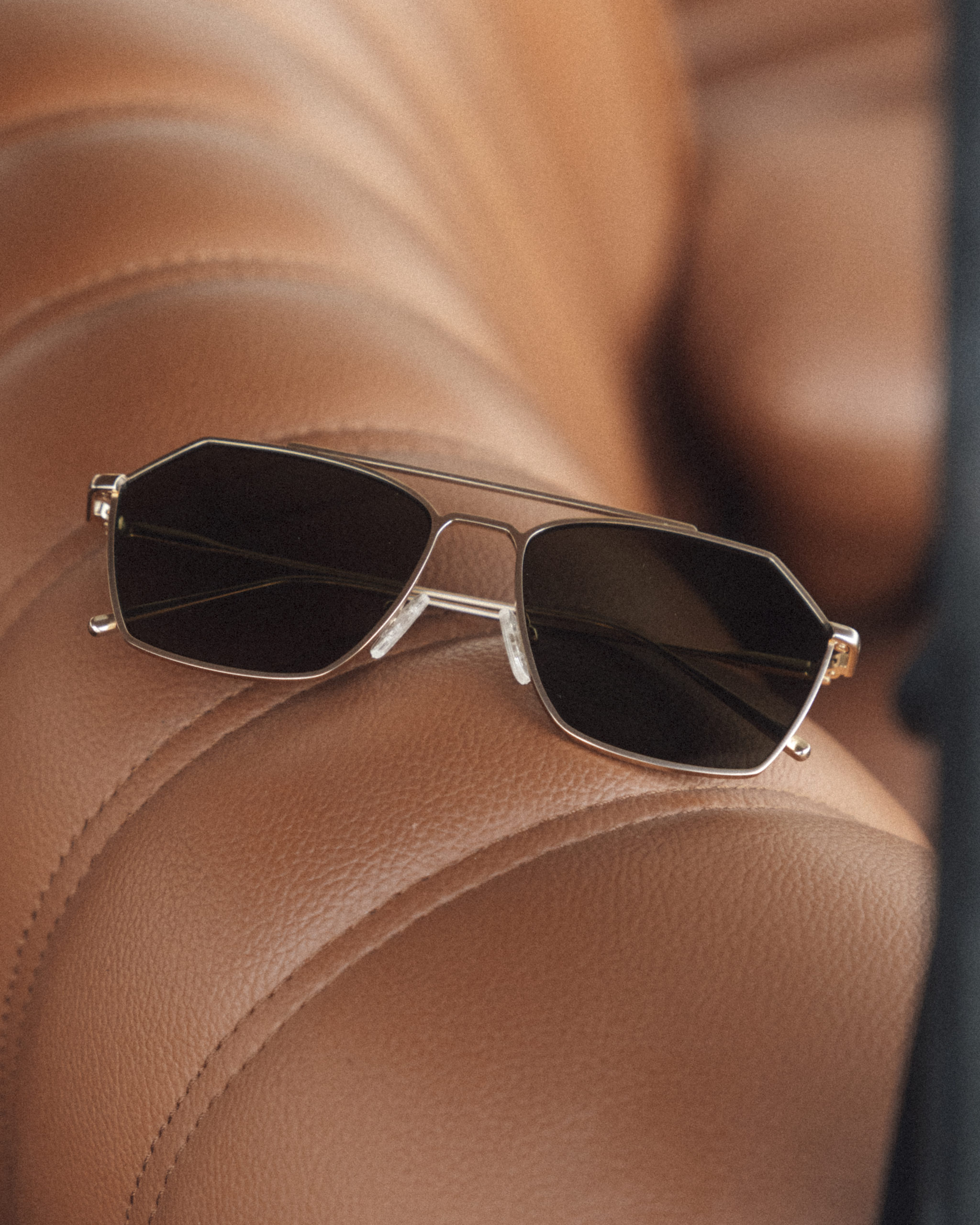Did you know that over 140 million people wear contact lenses across the globe? Yes, you read that right. This is an incredibly large number of individuals who rely on contact lenses to correct their vision and help them see the world in all its glory.
While contact lenses sure are convenient, they can lead to some uncomfortable and even dangerous issues. So, if you are a contact lens user or planning to switch from glasses, knowing about the frequent contact lens issues is critical.
Let us delve deeper into various contact lens discomfort causes and their solutions, so you have a comfortable experience wearing lenses.
Let’s get started!

Everva Pure and Elite Contacts
The 6 Most Common Contact Lens Problems You Must Know About
Contact lenses have become a super popular vision correction method today. Since lenses are available in a variety of tints, they have also become a kind of fashion accessory. However, contact lenses are not 100% complications-free either. They also come with certain issues and problems. To give you more clarity about it, we will have a closer look at some common examples of frequent contact lens issues in this blog post. Read on!
1. Relationship Between Dry Eyes and Contact Lenses
Did you know that according to some studies, contact lens wearers can develop dry eyes more frequently than those who don’t use them? But why does this happen? Simply because these lenses take away the natural tears from a person’s eyes, making them incredibly dry and itchy.
2. Frequent Occurrence of Eye Infection
This is another fairly common issue that contacts lens wearers often face. This happens when you don’t clean your lenses regularly. Dirty or old lenses often become a party spot for germs and harmful bacteria, leading to severe eye infections. Contact lens-related eye infections become a reason for ulcers, redness, itchiness, and pain.

Various contact lens options
3. Allergic Reactions
So here’s the deal with contact lenses. They’re made from a number of different materials, and some of those materials can really mess with your eyes and set off an allergic reaction. If you’re new to contacts and you start experiencing things like itching, your eyelids puffing up, or more, chances are it’s because you’re having an allergic reaction.
4. Corneal Abrasions
If you wear ill-fitting contact lenses or handle them carelessly, it can cause scratches on the surface of your eye which we call corneal abrasions. Your vision can be adversely impacted by this issue, leading to discomfort.
Here are some factors that can increase the risk of corneal abrasions:
- Handling lenses poorly
- Wearing expired lenses
- Having your lenses on while you swim
Do you have scratches on your eyes causing pain and discomfort? It is essential to seek advice from an eye doctor if you suspect corneal abrasions.
5. Giant Papillary Conjunctivitis (GPC)
This is a common inflammatory condition that affects a person’s eyelids. GPC usually occurs due to poor contact lens hygiene, wearing contacts for too long, or using lenses that don’t suit your eyes.
Common symptoms of this condition include discomfort, itching, or redness in the eyes. In case you don’t get it treated immediately, GPC can often lead to severe conditions like poor or blurry vision.
 contact lens brands
contact lens brands
6. Corneal Hypoxia
The most common symptom of corneal hypoxia is cloudy vision with contact lenses. It is an eye issue that your cornea experiences a lack of oxygen.
Just like various other parts of our body, our cornea also requires oxygen. It basically gets it from the air, but when you use contact lenses, the cornea gets covered with them. This blocks the natural supply of oxygen and can even pain, swelling, and cloudy vision.
Corneal hypoxia can be an incredibly painful condition that may prevent you from seeing clearly. To prevent it, consider avoiding wearing your contacts for an extended time period or sleeping without taking them off.
What are the Best Solutions For Common Contact Lens Problems?
 Four contact lens brands
Four contact lens brands
All of the above common contact lens problems might impair your vision and perhaps make it difficult for you to go about your daily activities. Knowing the finest treatments or cures to get rid of them is crucial because of this.
Taking care of your contact lenses and dealing with contact lens issues is not as difficult as it may sound. By making some simple lifestyle changes, you can easily increase the longevity of your contacts and ensure they don’t hurt or harm your eyes.
That said, here are some of our best tips that can go a long way in helping you prevent contact lens complications:
1. Good Lens Care is Vital
One of the first steps to preventing contact lens complications is cleaning your lenses properly. Not sure how to do that? Here are some tips for you:
- Use a good quality cleaning solution to disinfect your contact lens to keep the infection-causing germs at bay
- Avoid touching or poking your eyes when you have your contacts on
- Learn the right way of inserting and removing the lenses
- Follow the instructions outlined by the lens manufacturer to a T
2. Replace Your Lenses in a Timely Manner
Much like all things in life, contact lenses aren’t eternal. And using them beyond their expiration date can stir up some serious trouble for your eyes. So, you must swap your lenses when it’s time. We know top-notch lenses can cost significant bucks, but your eyes are priceless, right? Opting for cheap or expired lenses should not be an option.
3. Only Use High-Quality Contact Lenses
While investing in good-quality contact lenses seems expensive now, it will be more than worth it in the long term. Let’s walk you through some benefits of good-quality contacts:
- They aren’t made from cheap materials.
- These lenses are precisely designed with breathable material that doesn’t restrict oxygen flow and keeps your eyes comfortable and moist.
- They prevent the issue of dryness, irritation, and more.
How to Prevent Contact Lens Complications With the Help of Top-Quality and Safe Contact Lenses?
 Everva contact lenses
Everva contact lenses
Everyone wants their eyes to feel healthy and comfortable, right? If you wear contact lenses, you must be extra careful about potential vision health issues and take the necessary steps to avoid them all.
If you want to steer clear of those pesky eye issues, investing in some top-notch contact lenses is vital. Because let’s be real, your eyes are priceless and deserve nothing but the best! So, when you’re out shopping for lenses, ensure they’ve got you covered in three key areas: safety, comfort, and style. They should let your cornea breathe easily, prevent any painful sensations, and keep them from getting all scratchy.
This is where we at Eyewa enter the game! We’ve got you covered with some seriously top-notch lenses that aren’t only stylish, but also prioritize your eyes’ safety. Not only this, but we’ve got a massive range of contact lenses that’ll suit your beautiful eyes like a dream. Don’t wait! Get in touch with Eyewa today to find your next pair of gorgeous and safe lenses!
Frequently Asked Questions
1. What is the most common complication of contact lens wear?
Dry eyes and eye infections are the most common complication of contact lens wear.
2. What are the problems with contact lenses?
Some of the common problems that can occur while wearing contact lenses include the following:
- Dry eyes
- GPC, which stands for Giant Papillary Conjunctivitis
- Nasty scratches on your cornea
- Cloudy vision
- Increased cases of your allergies flaring up
3. How do I know if my contacts are defective?
Do you think your contact lenses are damaged or defective? We’ve got your back with some unmistakable signs to watch out for:
- Contact lens slipping and movement while you wear them
- Cracked or irregularly shaped lenses
- Last but most important, if those lenses are causing you any kind of discomfort, it’s time to take notice.
4. What causes contacts to be blurry?
Your contact lenses can become blurry due to various reasons. Some of the most prominent ones include:
- Insufficient cleaning
- Poor lens maintenance
- Keeping your lenses on for much longer than recommended
- Wearing lenses with the wrong prescription
- Not replacing your lenses in a timely manner




